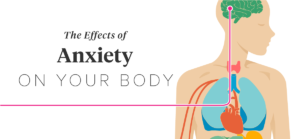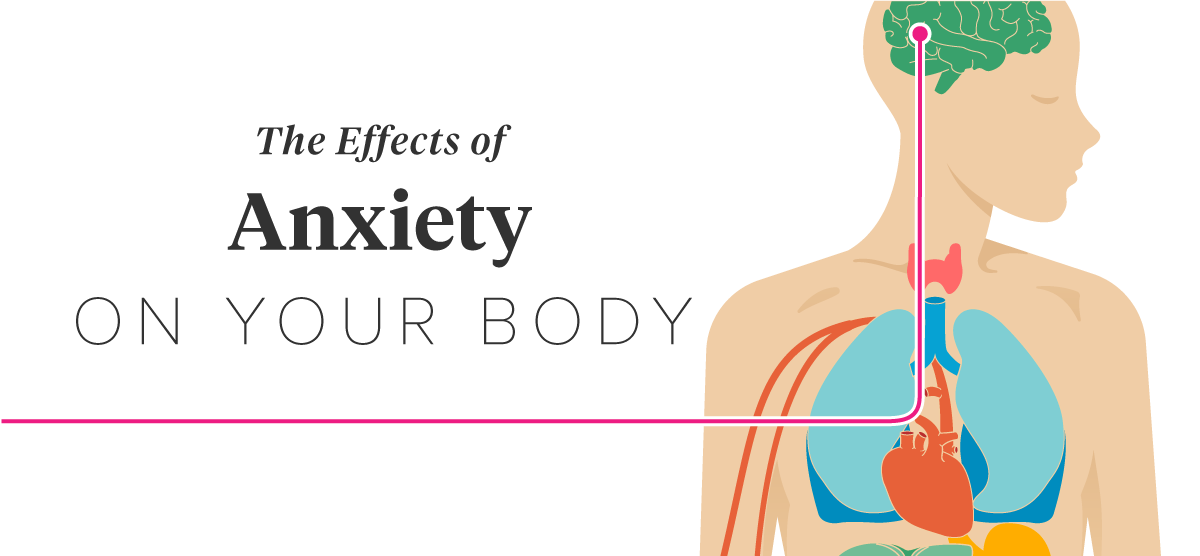
1) Anxiety increases our likelihood of buying impulsively
Anxiety promotes impulsive shopping. Shopping impulsively, a.k.a., retail therapy, helps us feel better and gain some control over a situation that feels out of control. One study found that when sad people made shopping choices, it alleviated their sadness. Those who are prone to anxiety may be even more vulnerable to impulsive shopping consistently. In another study, consumers who had a higher stress reaction – which the authors defined as “systematic individual differences in the frequency and intensity of responding to situational cues with negative emotional states (anxiety, anger, distress, and guilt)” – were also likely to have an impulsive buying tendency. Some scholars argue that a constant state of anxiety, regardless of the source, can eventually lead to compulsive shopping or increase its frequency among compulsive buyers as shopping becomes a routine way to alleviate anxiety and emotional distress.
2) Anxiety increases our preference for options that are safe and provide a sense of control
When we are anxious, we naturally seek comfort and control over the situation. Some social psychologists believe that the state of our feelings provides a useful source of information for making decisions. For instance, someone who’s sad may use retail therapy as a way of repairing their mood. When we are anxious, on the other hand, this is a signal that our environment is uncertain and out-of-control. When making purchase decisions in this state, we gravitate towards choices that are safe and reliable as a way to reduce the risk and uncertainty we are experiencing in our lives. In one research study, anxious participants expressed a greater preference for a car that was loaded with safety features like an anti-skid system compared to a luxury car. Under conditions of sudden and extreme anxiety, this emphasis on seeking security and asserting control can lead to harmful behaviors like panic buying and hoarding.
3) Anxiety increases our “urge to splurge” on luxury brands
The anxiety that is associated with questions about our mortality and future survival also has a paradoxical effect on buying behavior. In a nutshell, it promotes materialistic values and decisions. Many people rely on buying and consuming as one of the core ways to generate meaning in their lives and to experience happiness, even if it is short-lived. Consider those who drive an expensive Alfa Romeo sedan or carry a ten-thousand-dollar Hermes Birkin bag. These, and other luxury brands, do not provide a level of functional product quality compared to, say, a Toyota car or a Coach bag, that justifies their hefty price premium. The stratospheric prices of luxury brands bestow what marketing experts call “added luxury value,” defined as “brand-related social status effects, which include the perception of enhanced attractiveness, social protection, being perceived as an expert, or for the experience of something new.” Where luxury products are concerned, it’s not about what the product does. It’s mostly about the meaning that is created by purchasing, displaying, and using the product.
When our anxiety increases, as one well-cited article’s title suggests, we experience “an urge to splurge.” Consumer psychologists who wrote this article invoked Terror Management Theory, which postulates that when an event occurs to show us how tenuous our hold on life is (much like the Coronavirus pandemic is doing right now), we act out in ways to push back our natural terror of death. We create meaning and defend our worldviews. Many people are materialistic and value their roles as consumers of acquiring, consuming, and showing off their possessions. The anxiety created by life-threatening events makes them even more materialistic and defend their materialistic worldviews.
How to cope with anxiety and still buy prudently?
Anxiety is associated with values and buying behaviors that are bad for our financial and psychological well-being in the short- and long-run. And these outcomes, in turn, contribute further to our anxiety, producing a vicious loop. In the past few weeks, the Coronavirus pandemic has raised our anxiety and dramatically changed our buying behaviors. In some ways, the constraints imposed by the pandemic like self-isolation suppress immediate materialistic shopping. Many stores are closed, and many online sellers are prioritizing the sale and delivery of essential goods.
It is harder to shop impulsively for discretionary items under such circumstances. However, regulating other anxiety-fostered behaviors like buying necessaries in large quantities as a way of feeling secure requires more effort from us. How to do this? An effective approach is to revert to our routines and usual shopping habits as much as possible. This will be especially useful for those who are prudent consumers, whose regular routines favor steady drip-by-drip buying and measured consumption.

